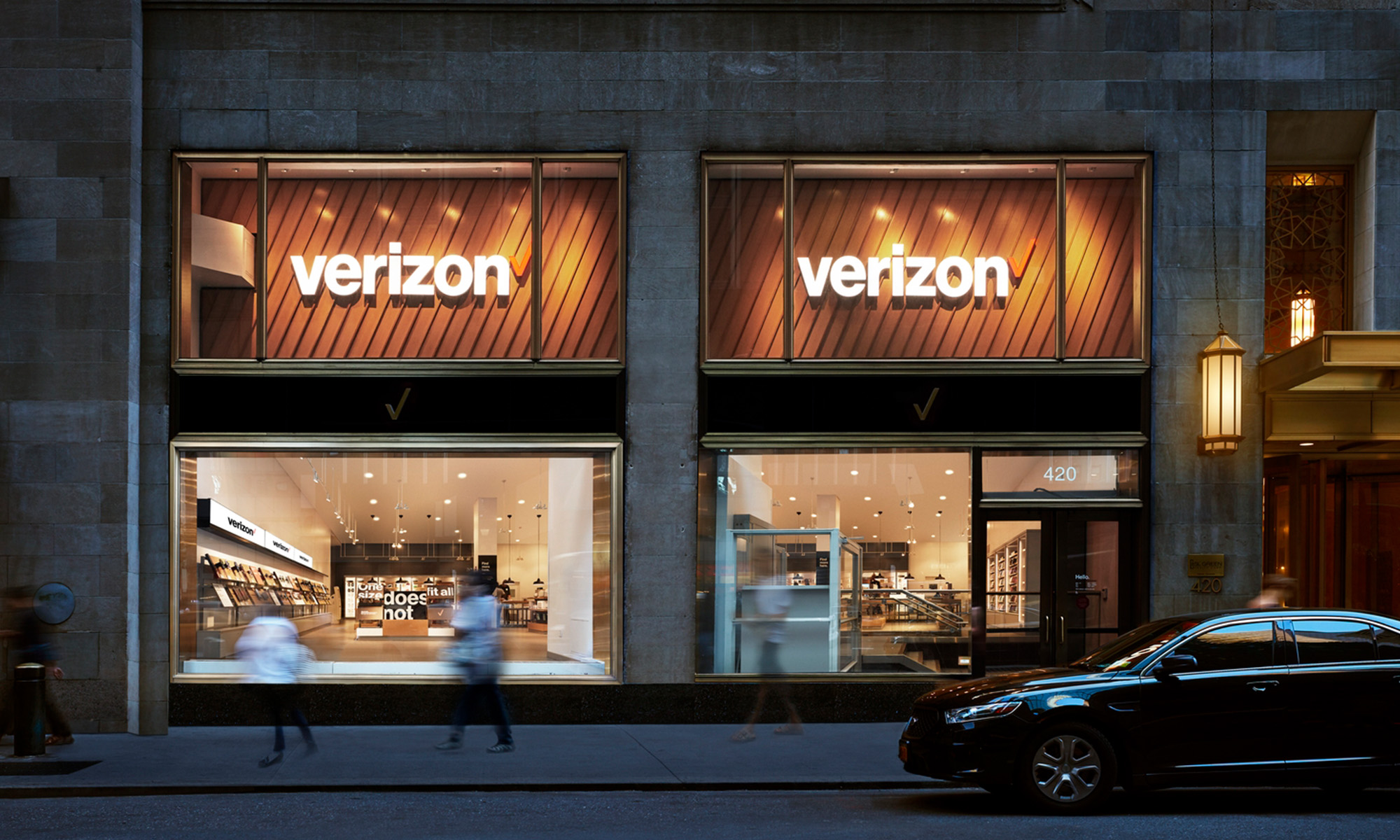Interest yields are extremely low right now, which is great for borrowers (especially the U.S. government) but probably unprofitable for lenders. For investors seeking relatively stable returns, corporate dividends could be more lucrative.
So, where does one find the best dividend stocks? Carla Pasternak of High Yield Investing crunched the numbers and found the S&P 500 stocks that presented the "safest" dividend opportunities (via The Stock Advisors).
These were her criteria:
- 5% dividend yields (why settle for less?)
- Positive operating income growth (TTM) to ensure that dividend yields aren't inflated by falling share prices and as evidence that the companies can withstand market slumps. "It's not uncommon for 'sick' stocks to carry high yields. Based on a poor outlook, investors will dump the shares, boosting the yield," she writes.
- Free cash flow greater than dividend payouts, which means the company is paying for its dividends using its own cash -- using borrowed cash creates an unwanted risk.
- Lastly, she focused on the companies that have maintained and raised their dividend payouts "through thick and thin," which "shows dedication to paying dividends and also shows the company will maintain its payment should it hit a rough patch."
Interestingly, this left her with three telecoms companies, Windstream, CenturyLink, and Verizon.
"These are usually highly stable businesses, especially when compared to other industries. And it looks like these three telecoms should provide a high and stable yield for the coming years," she concludes.
Do you think Ms. Pasternak's picks are indeed "the three safest dividends in the S&P"? Begin your research into these three telecoms firms with the list below.
List sorted by dividend yield. (Click here to access free, interactive tools to analyze these ideas.)
1. Windstream (NYSE: WIN): Market cap of $6.02B with a dividend yield at 8.47%. It is a communications and technology solutions provider, specializing in complex data, high-speed Internet access, and voice and transport services to customers in 29 states. It provides a variety of solutions, including Internet Protocol (IP)-based voice and data services, multiprotocol label switching (MPLS) networking, data center and managed services, hosting services and communications systems to businesses and government agencies. It provides high-speed Internet, voice, and digital television services to residential customers primarily located in rural areas.
2. CenturyLink (NYSE: CTL): Market cap of $20.69B with a dividend yield at 8.42%. It is an integrated communications company. It is engaged primarily in providing a range of communications services, including voice, Internet, data and video services. It also provides fiber transport, wholesale communications services, competitive local exchange carrier service, security monitoring and other communications, professional and business information services in certain local and regional markets. It derives revenue from providing local exchange and long distance voice telephone services, data services, including high-speed Internet services, as well as special access and private line services, wholesale local network access services, and other related services.
3. Verizon Communications (NYSE: VZ): Market cap of $97.99B with a dividend yield at 5.63%. It is a provider of communications services. It has two segments: Domestic Wireless and Wireline. Its Domestic Wireless' communications products and services include wireless voice and data services and equipment sales, which are provided to consumer, business and government customers across the United States. Wireline's communications products and services include voice, Internet access, broadband video and data, Internet protocol (IP) network services, network access, long distance and other services. It provides these products and services to consumers in the United States, as well as to carriers, businesses and government customers in the United States and in over 150 other countries around the world. During the year ended December 31, 2010, Verizon launched its 4G LTE network in 38 metropolitan areas and more than 60 commercial airports in the United States.
Interactive Chart: Press Play to compare changes in analyst ratings over the last two years for the stocks mentioned above. Analyst ratings sourced from Zacks Investment Research.
Kapitall's Andrew Dominguez does not own any of the shares mentioned above. Data sourced from Finviz.






